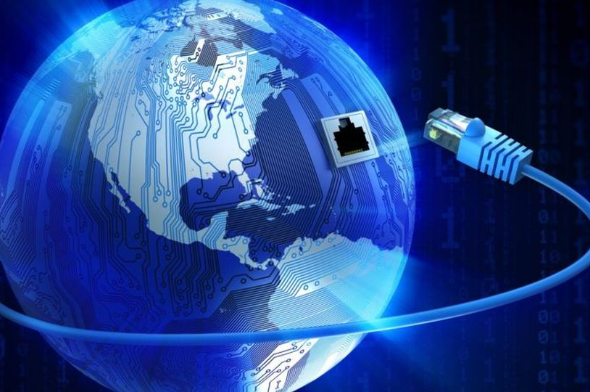Connection to DriversCloudCreate a DriversCloud.com accountReset your DriversCloud.com passwordAccount migration
In New York State, a law establishes an Internet subscription for the poorest
Because Internet access is no longer considered a "luxury", but an almost "essential" need.
With repeated confinements and incentives to work from home, the Covid-19 pandemic has significantly changed our lifestyles. Thus, even in the United States - where the restrictions have sometimes been fought by the population - voices have been raised to denounce changes that are more difficult to bear for certain populations, the poorest in particular, and the cost of the Internet subscription has been put forward by some, whereas a broadband subscription is significantly more expensive than in Europe and, even more so, than in France.
The state of New York, which is often ahead of the others in terms of social benefits, has thus considered the question of a subscription for low-income families. The matter was finally settled on April 16 with the signing by Andrew M. Cuomo - Governor of the State of New York - ofa new law requiring all Internet service providers to offer a subscription for broadband at a maximum of $15 per month. In order to benefit from this, you must already be eligible for certain state or federal assistance programs.
According to the authorities, the measure should benefit more or less 7 million inhabitants of the state and concern a total of 2.7 million households. It is important to know that across the Atlantic, a broadband Internet access costs more than 50 dollars a month, even for "low cost" offers. In fact, across the country, 43% of households earning less than $30,000 a year are not connected to the Internet at home, and another 26% of those earning between $30,000 and $50,000 a year. Unsurprisingly, a digital divide that affects the homes of the least well-off minorities much more: only 66% of black homes, 61% of Hispanic homes and 53% of native American homes are connected at home, while this proportion rises to 79% for whites.
The governor of the state justifies this law by the "necessary" character of the Internet connection: necessary in order to carry out distance education, necessary for telecommuting and also necessary because of the development of telemedicine.





